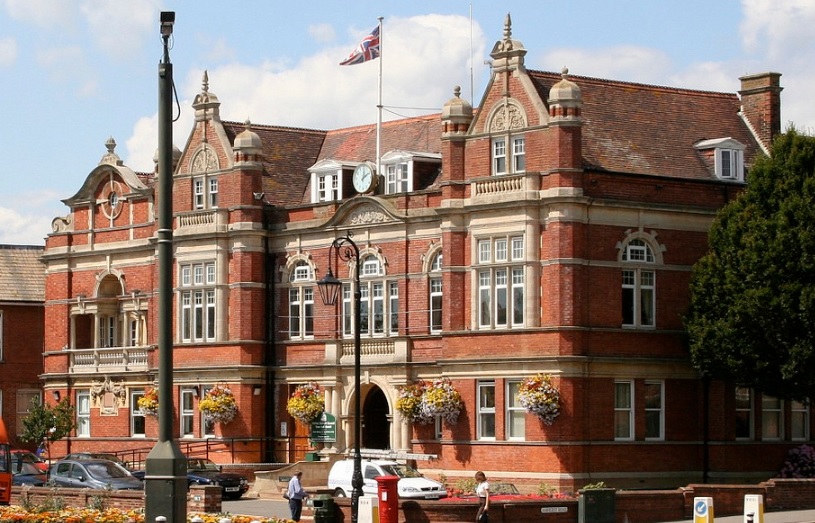Rother District Council (RDC) has launched a consultation on housing and homelessness in the area.
The review of its current housing policy is a result of changing demographics and increased demand in the district. With people living longer and with the population in the district expected to increase by 10% by 2028, RDC believes housing stress is likely to get worse.
RDC is consulting on three distinct areas: “Reducing Demand”, which relates to preventing homelessness; “Increasing Supply” of high quality affordable housing, and “Improving Quality”, to ensure homes are warm and well maintained.
The availability of affordable housing matters because the Rother district has a high proportion of low earners, with an estimated 24% of households earning less than £15,000 per year. In addition a number of areas in Rother, including Rye, are in the top 20% of most deprived wards in the country as measured by the Index of Multiple Deprivation.
RDC recognises the lack of affordable housing in the district. It is recommending an action plan that supports the development of affordable housing to meet local needs, that includes partnering with registered providers and developers in order to maximise opportunities for increasing development. The break with previous policies is the recommendation that it creates a “delivery vehicle” (such as a local housing company or a public/private partnership) to acquire emergency and temporary accommodation for those in housing need. In addition, the council is asking for your views on whether they should be purchasing and developing stalled sites to deliver affordable housing. This would be done through negotiation with the land owner or compulsory purchase orders, where other options have failed. Rother defines a stalled housing site as a housing development that has planning permission but after a year work still hasn’t started and the promised affordable homes haven’t been built.
For the purpose of the strategy, affordable housing is a term that includes housing available at 80% or less of market rents (affordable rent), social housing (rent at 60% of market rents) and schemes like shared ownership where the occupier owns a percentage of the home and pays rent on the rest (usually to a housing association) or other schemes that encourage home ownership, including homes aimed at first time buyers.
The final strand of the consultation is RDC’s proposal of putting in place and delivering an action plan to target poor quality housing, in order to improve the rented housing sector. This includes bringing empty homes back into use, by either contacting owners and offering incentives or the use of compulsory purchase orders.
The consultation will help shape RDC’s strategy and guide how it will deliver their housing and homelessness services in the future. You can complete the questionnaire here. The deadline for responses is midday November 26.
Image Credits: Rye News library .



